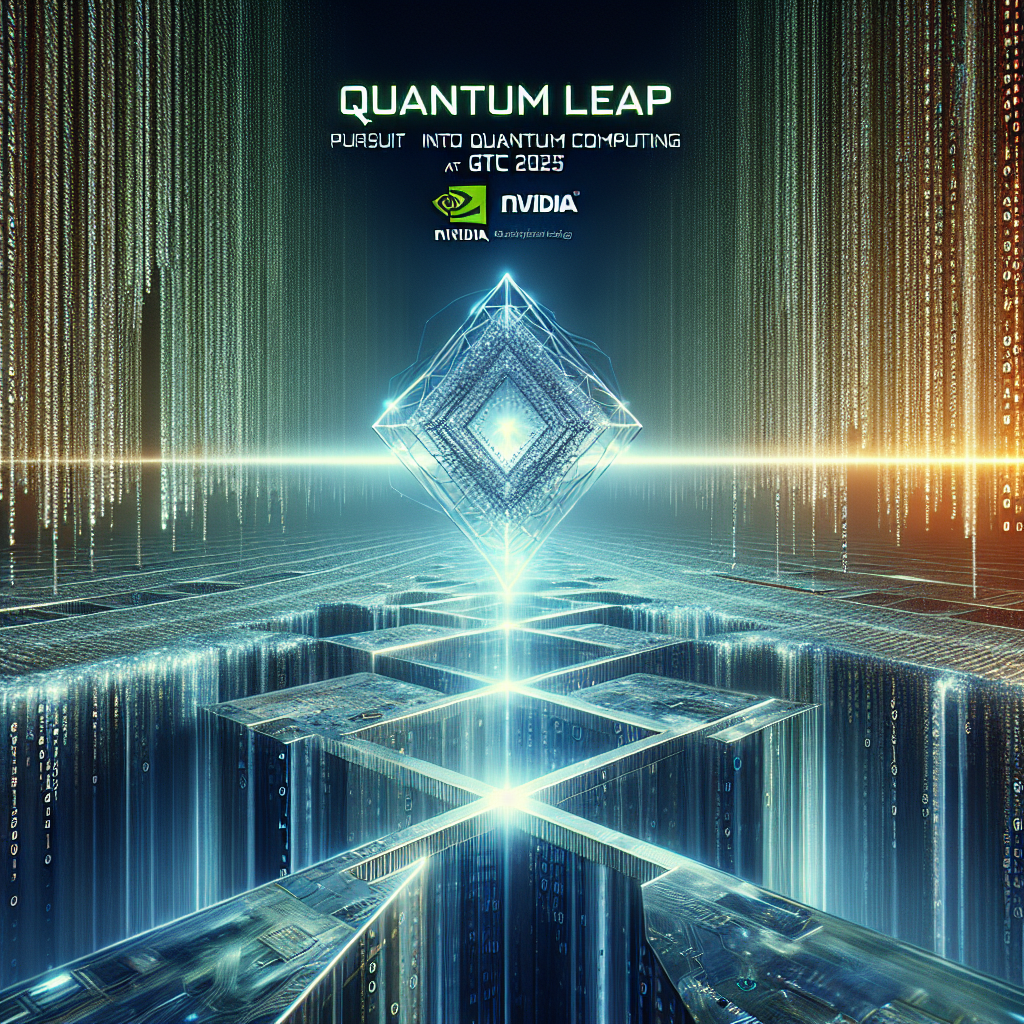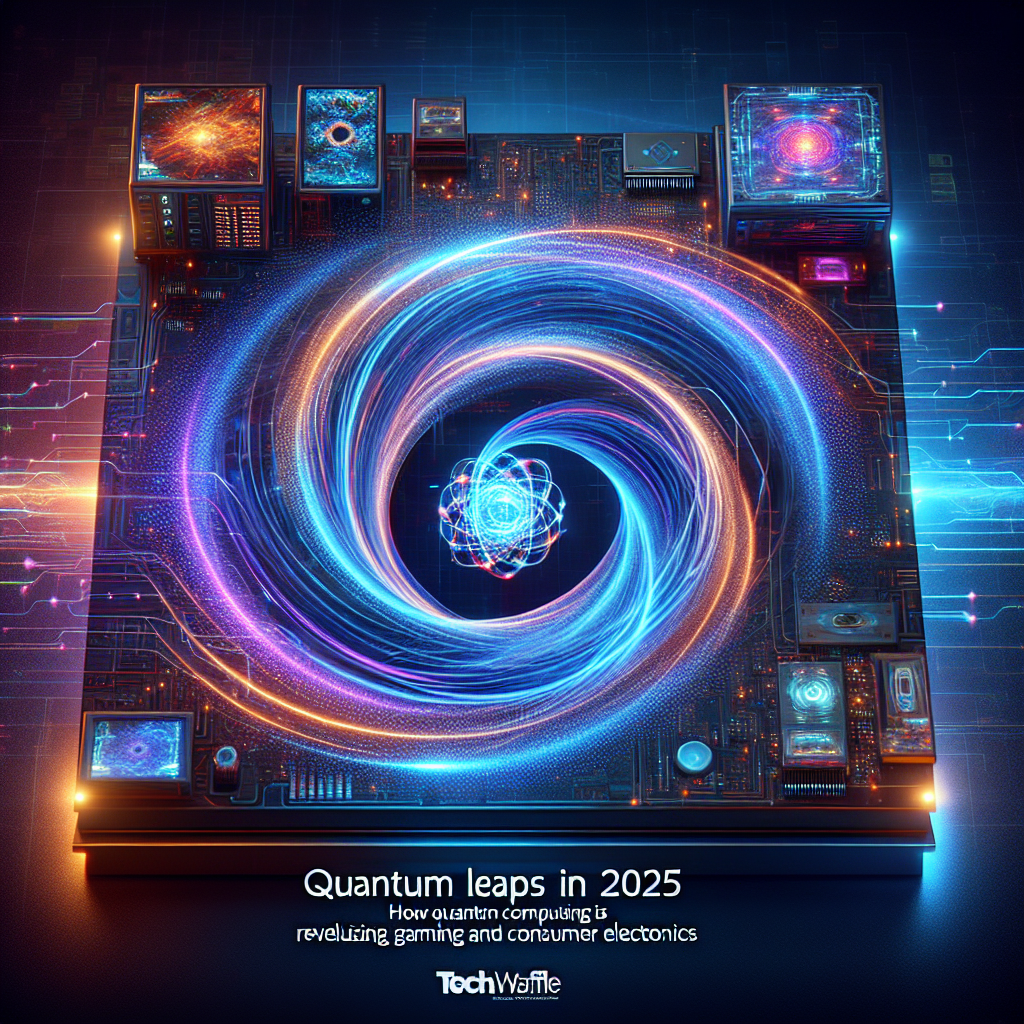Quantum Leap: NVIDIA's Crusade into Quantum Computing at GTC 2025
NVIDIA's GTC 2025 was abuzz with excitement as the tech giant showcased its deep dive into quantum computing, blending AI and quantum to tackle some of the world's most complex problems. While we might not see quantum computers in our living rooms anytime soon, NVIDIA is leading the charge in integrating quantum and classical computing for some truly mind-blowing applications.
NVIDIA Accelerated Quantum Research Center
NVIDIA announced the establishment of the NVIDIA Accelerated Quantum Research Center (NVAQC) in Boston, which will be the hub for advanced quantum research, focusing on hybrid quantum-classical systems. The NVAQC will collaborate with leading quantum innovators like Quantinuum and QuEra Computing, alongside academic powerhouses Harvard and MIT. This collaborative effort aims to overcome quantum computing's biggest hurdles, such as qubit noise and quantum error correction, using NVIDIA's powerful GB200 NVL72 systems and the CUDA-Q quantum development platform[1][2][3].
Quantum Day Highlights
NVIDIA's inaugural Quantum Day at GTC 2025 was a highlight reel of quantum computing advancements. The event saw major announcements, including a quantum blockchain architecture from D-Wave, designed to enhance security in cryptocurrencies and data management. Infleqtion also unveiled its Contextual Machine Learning approach, co-developed with NVIDIA, which enhances AI by leveraging quantum computing for pattern recognition and real-time decision-making[3][4].
SEEQC's Quantum-Classical Interface
Another groundbreaking achievement came from SEEQC, which demonstrated a digital quantum-classical interface. This innovation enables real-time error correction in quantum computing by connecting quantum processors directly to classical GPUs. It's a leap toward integrating quantum computing into mainstream tech, offering a power-efficient solution that doesn't compromise qubit stability[3].
Conclusion
NVIDIA's foray into quantum computing is set to revolutionize fields like drug discovery and materials science, even if it doesn't directly impact consumer electronics just yet. By pioneering quantum-AI hybrids and fostering collaborative research, NVIDIA is charting a future where quantum computing is no longer just a buzzword but a concrete solution for the world's toughest challenges.



